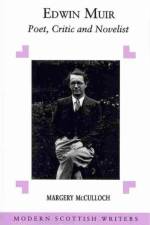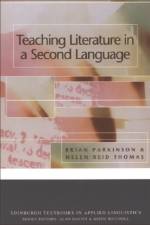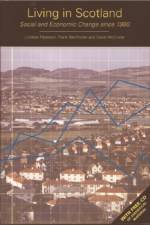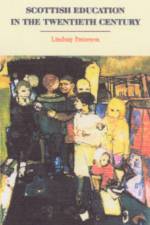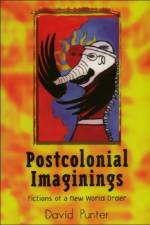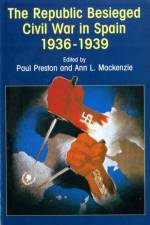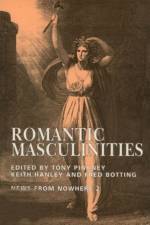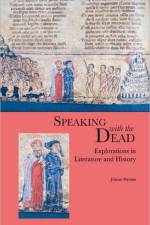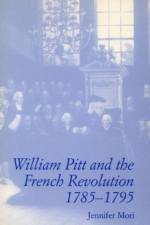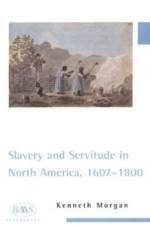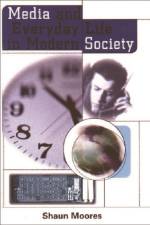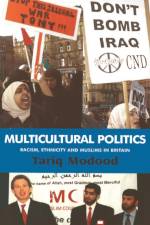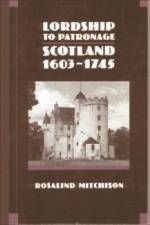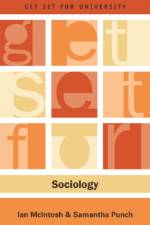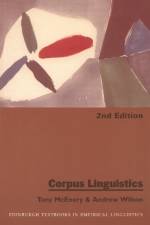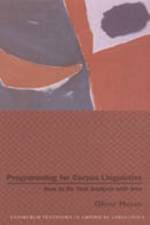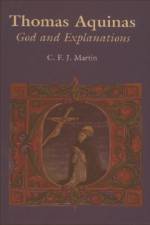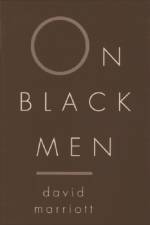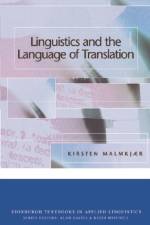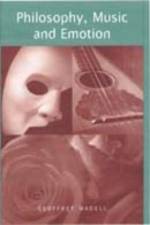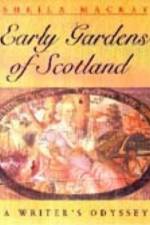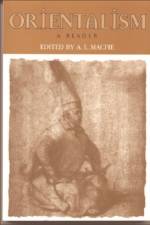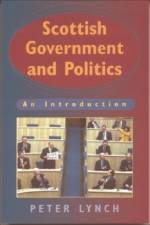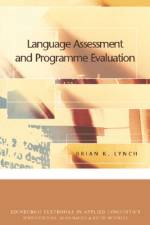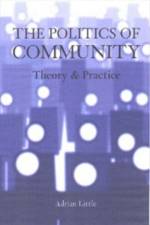- A Writer's Odyssey
av Sheila Mackay
405
What did early Scottish gardens look like? How did these gardens relate to the house and how did passing time affect their development? Where did the plant stock come from: herbs, shrubs, annuals and perennials, from the thistle to the rose? Did the gardens match the richly embellished interiors of Scots aristocrats and merchants, particularly after the Reformation? Evocative and tantalising remains of 'missing gardens' such as earthworks, stone walls, doocots, date stones, terracing, traceries of paths, sundials, a few ancient yews, and gardens themselves - Culross, Edzell, Pitmedden, Kinross -fire the imagination as Sheila Mackay guides the reader on a personal tour of the 16th, 17th and 18th-century gardens of Scotland.Contrary to popular belief within British garden history, designed landscapes have played a vital role in the lives of aspiring Scots from the 16th century, with paintings from the time depicting elaborate gardens to match houses and interiors that reflected status, wealth and a sense of self-esteem. In her exploration of these gardens - from Arthur's Seat in 1500 to The Hermitage in 1750 - Sheila Mackay reveals the dramatic developments that occurred during this period.This is a history peopled with the characters of the time, and includes extracts from songs, poems, and paintings of gardens throughout the period. Imaginative reconstructions of gardens for the people of the time - a 16th-century garden for the calligrapher Esther Inglis and a 17th-century landscape for the portrait painter George Jamesone - and the creative re-design of the ground of the Pleasaunce at Edzell Castle in light of contemporary European developments enhance the sense of the inspired designs of the time.An evocative picture is painted of these gardens and it is hoped that this will inspire the reader to make their own distinctive maps and undertake their own explorations of the gardens of Scotland.Key Features:*Illustrated with over 90 photograph

